On Power Games and Liberal Games
This post is part of a series on Tim Urban’s book, What’s Our Problem? a self-help book for societies.
--
In the previous post on genies and golems, we explored how Echo Chamber cultures demonstrate tribal, herd mentality while Idea Lab cultures are exemplified by collaborative yet diverse thinking. Here’s an illustration for a quick reminder:
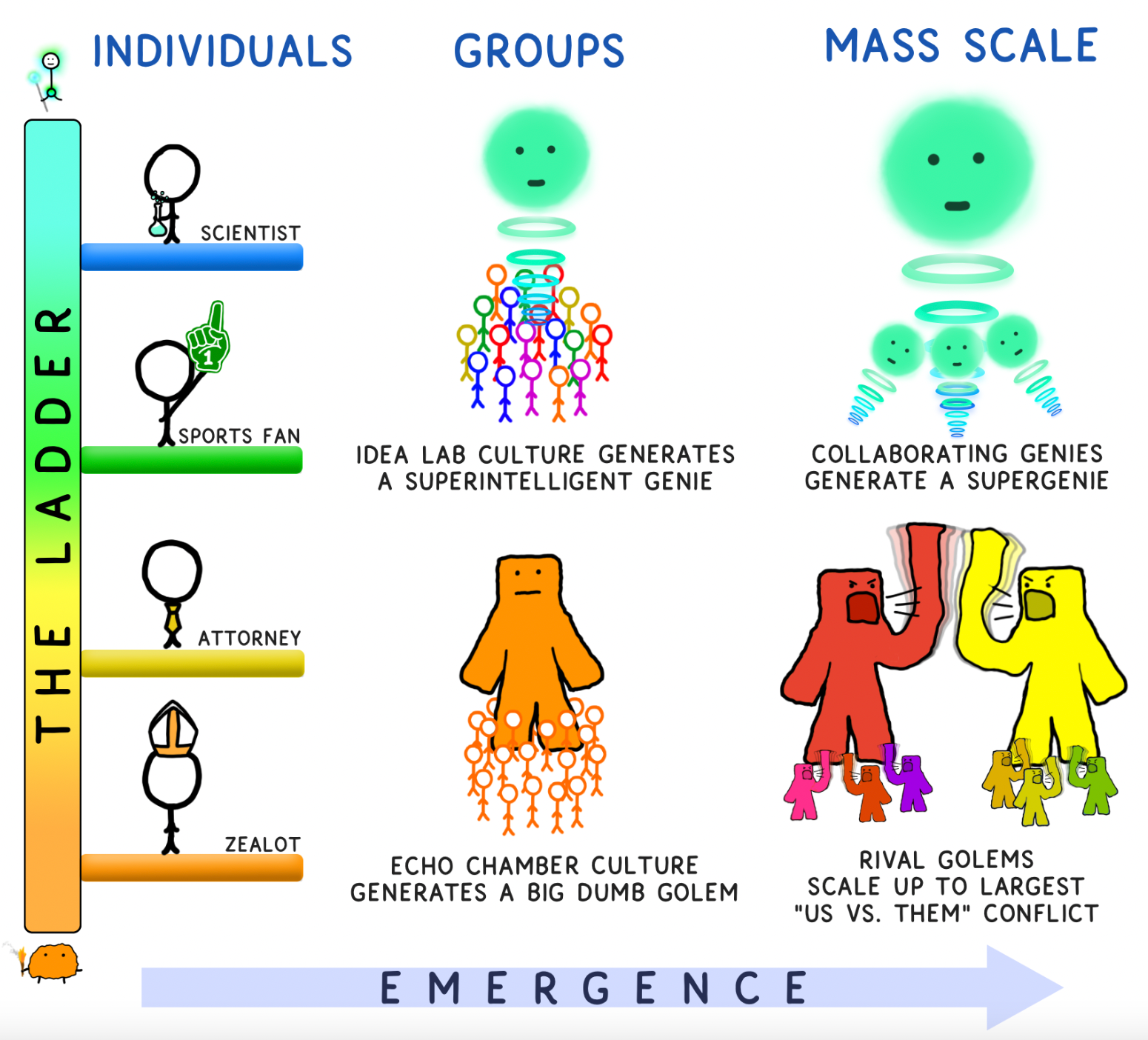
For a large part of our history, tribal golem-like groups dominated how things worked, typically led by tyrants. The rule was simple:
Everyone can do whatever they want, if they have the power to do so.
Survival of the fittest, literally, was how the game was played. The only way to defeat a golem was to form an even bigger, more powerful golem. That’s why we have the propensity to get all hot and bothered and behave like golems when we feel threatened. It’s our limbic system eclipsing our prefrontal cortex.
Then came the Enlightenment, and a new way of operating began to emerge. One that had a shot at defeating power-hungry golems by using a different set of tools devised by collaborative genies. As Tim Urban puts it, “The story, building on ideas that had been kicking around Western countries ever since ancient Greece, explored concepts like human rights, legal equality, tolerance, and freedom. The Power Games, the story went, were unpleasant, unfair, unproductive, and unnecessary—and they were fundamentally immoral, violating the most sacred elements of being a human.”
Instead of being ruled by a cudgel that granted total power to the rulers, Liberal Games were played with guiding principles that included all kinds of rights and freedoms, and importantly, limitations on government power. In place of an environment where a select few would have complete freedom at the cost of most having little or none came an environment where no one would be totally free, but everyone* would be mostly free.
The new rule was:
Everyone can do whatever they want, as long as it doesn’t harm anyone else.
It was a compromise between freedom and safety, which can be illustrated as such:
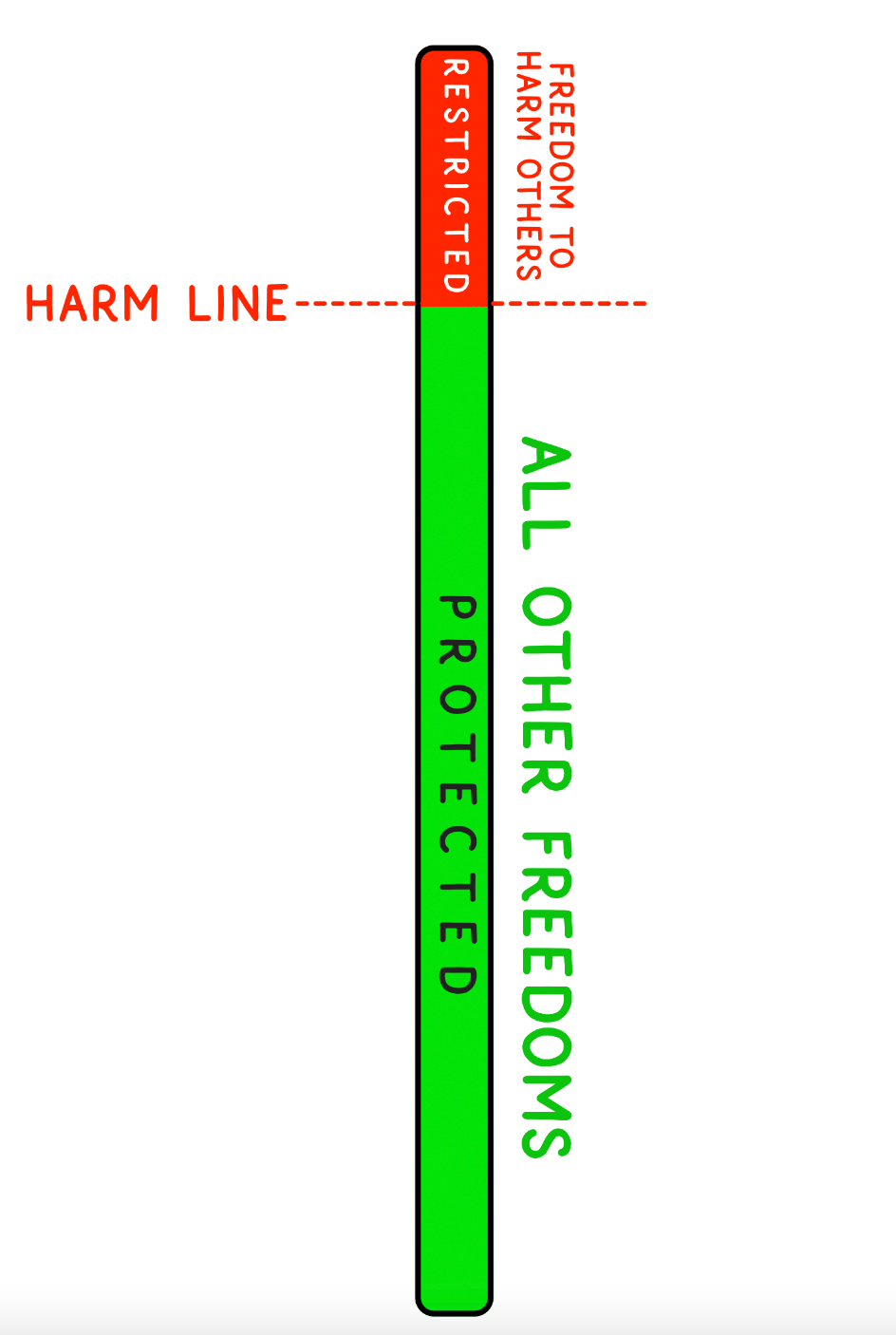
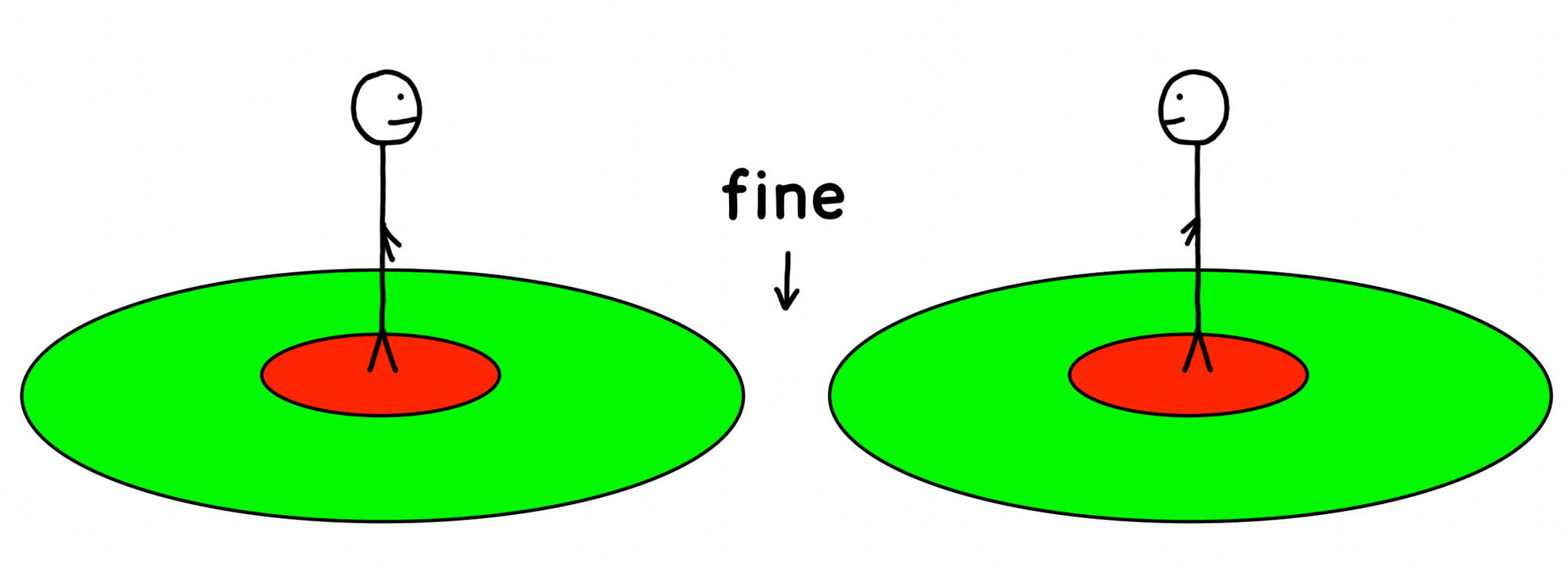
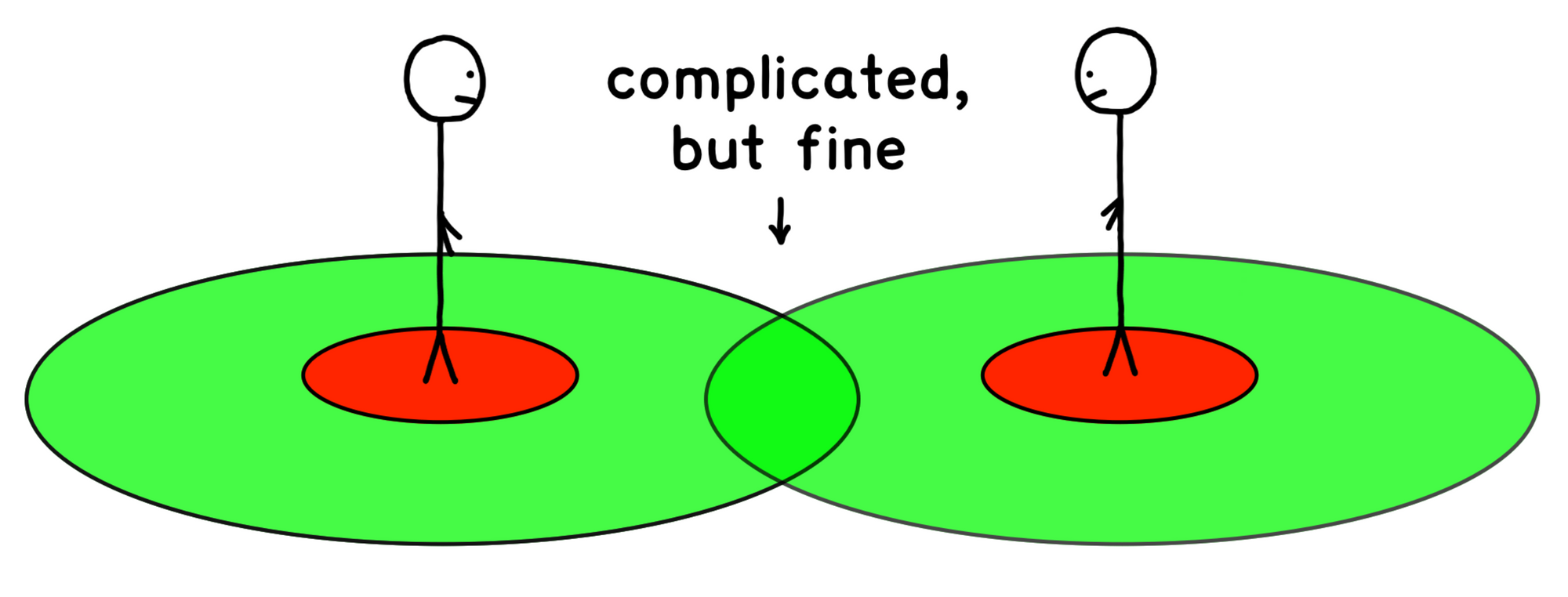
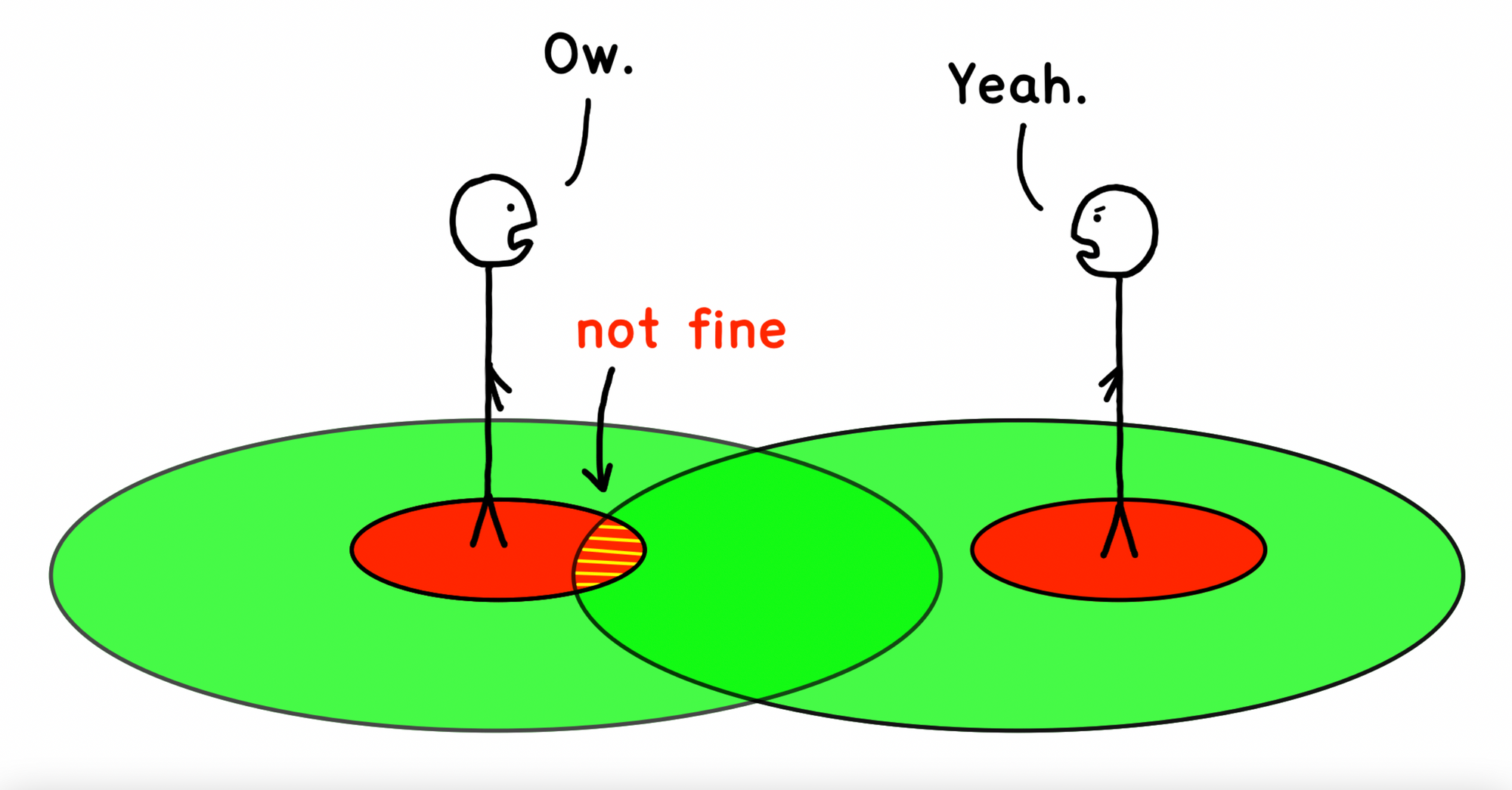
Under the rules of the Liberal Games, power was replaced with persuasion, with laws to help enforce this change. As Adam Smith said, “It is not from the benevolence of the butcher, the brewer, or the baker, that we expect our dinner, but from their regard to their own interest.”

The progress we’ve made as a species over the last few hundred years and the fact that a large part of the world has moved towards the ideals of liberalism suggests that these ideas are powerful, more inclusive, and directionally correct.
But over the last decade or so, we’ve seen a slow degradation of liberal norms, the rise of populism, and the emergence of demagogues who appear keen to bring back the Power Games. Here’s a question for us to consider: Are we in the middle of a temporary blip, or is it a sign of a bigger shift that we should be deeply concerned about?
*The fact that slavery, and now racism, has persisted for so long and excluded entire groups of people from the principle of human rights is a major blemish. But I would argue that’s a symptom of humans collectively not living up to the ideals of liberalism rather than a problem with the system itself.